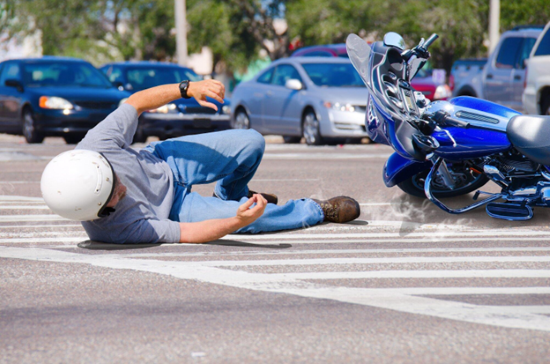How to Prove Negligence in a Motorcycle Accident Lawsuit

Dealing with what comes after a motorcycle crash can feel overwhelming. Especially if you’re thinking about taking legal action. It’s important to get the basics down. This includes showing that the other person was at fault, which is key in these legal fights.
This blog aims to unravel the complexities involved. With clear, straightforward guidance, you’ll learn how to solidify your case. Armed with this knowledge, pursuing justice becomes more than a possibility. Prepare to master the art of proving negligence in your motorcycle accident lawsuit.
Understanding Negligence
Negligence means not being as careful as a reasonable person would be. In a motorcycle accident, to prove negligence, you need to show that the other person wasn’t careful enough, and that caused the accident.
This means proving that the person you’re suing was supposed to be careful, wasn’t, and that led to your injuries. It’s the base of your lawsuit, so it’s crucial to collect strong evidence to back up your case.
Collecting Evidence
Right away, take pictures of where the accident happened, your injuries, and any damaged stuff. Also, make sure to get contact details from people who saw what happened and a copy of the police report.
Medical records play a crucial role, as they link your injuries to the accident. This tangible proof not only supports your claim but also quantifies the extent of your losses.
Witness Testimonies
A witness testimony can bolster your case by providing a fair view of the accident. Witnesses may include bystanders, other motorists, or even passengers from the involved vehicles.
Witnesses can help confirm key details like road conditions. It also includes how the defendant was acting, and what happened right after the crash. Getting their stories is important because people tend to forget things as time goes on.
Expert Testimonies
In addition to lay witnesses, enlisting expert witnesses such as accident reconstruction specialists or medical professionals can significantly strengthen your case.
They can also address complex issues related to physics and vehicle dynamics. Medical experts can elucidate the nature and extent of your injuries, establishing a direct link to the accident and forecasting future implications.
Understanding Comparative Fault
Many jurisdictions operate under comparative fault rules, which may affect your compensation if you’re found partially responsible for the accident. Demonstrating that the majority of the fault lies with the defendant is crucial.
Even if you’re deemed partially at fault, you can still recover property damages proportionate to the defendant’s degree of fault. Understanding these nuances is key to setting realistic expectations about the potential outcomes of your lawsuit.
Legal Support and Representation
If you’re dealing with a motorcycle accident lawsuit, it’s super important to have a skilled lawyer by your side. Injury attorneys, like those at Dimopoulos Injury Law, know exactly how to handle these situations. They’ll help you every step of the way and it includes the following:
- looking into the accident
- collecting evidence
- talking with insurance companies
- standing up for you in court
Securing Your Future After a Motorcycle Accident Lawsuit
Winning a motorcycle accident lawsuit requires hard work. It needs gathering lots of evidence and hiring a lawyer. It’s important to understand how negligence case works and how valuable witnesses and experts can be. This kind of lawsuit can get you compensated for your losses and help make roads safer for everyone.
With the right strategy, patience, and help from professionals, you can achieve justice. Equip yourself with knowledge and support to win your motorcycle accident lawsuit. Never forget, that being resilient and determined is key to this legal battle.
Explore our blog for a wealth of insightful articles.
